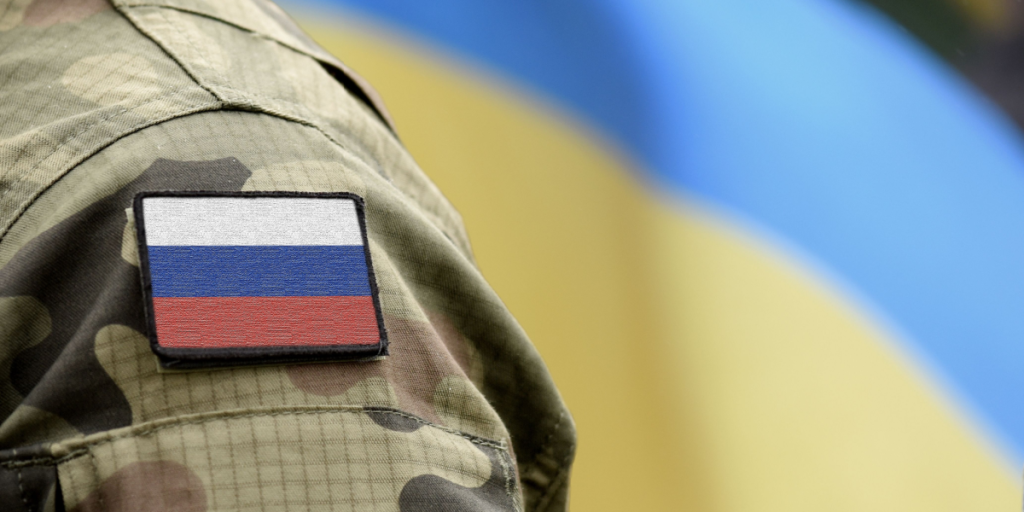The head of German Intelligence also warns that a “hot confrontation” with Russia could happen at any time.
Others are reading now
The head of German Intelligence also warns that a “hot confrontation” with Russia could happen at any time.
What is happening?
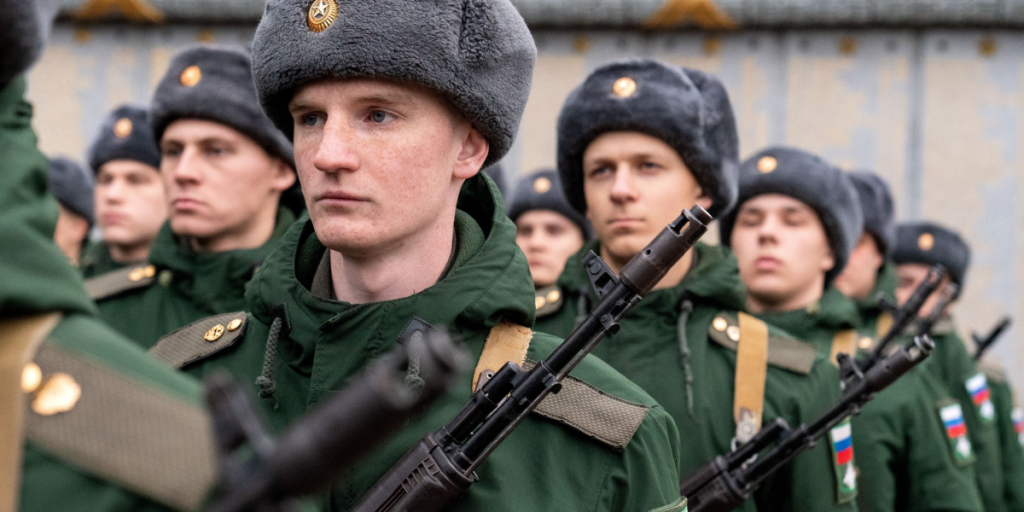
On October 13, the Russian government approved a draft law allowing reservists to be deployed in more situations than ever before.
Previously restricted to mobilization or wartime roles, reservists can now be used in peacetime, including for conflict zones like Ukraine.
The move marks a notable shift in Russia’s military posture, Institute for the Study of War (ISW) notes in it’s latest update on the war in Ukraine.
Reservists cleared for use beyond Russian borders
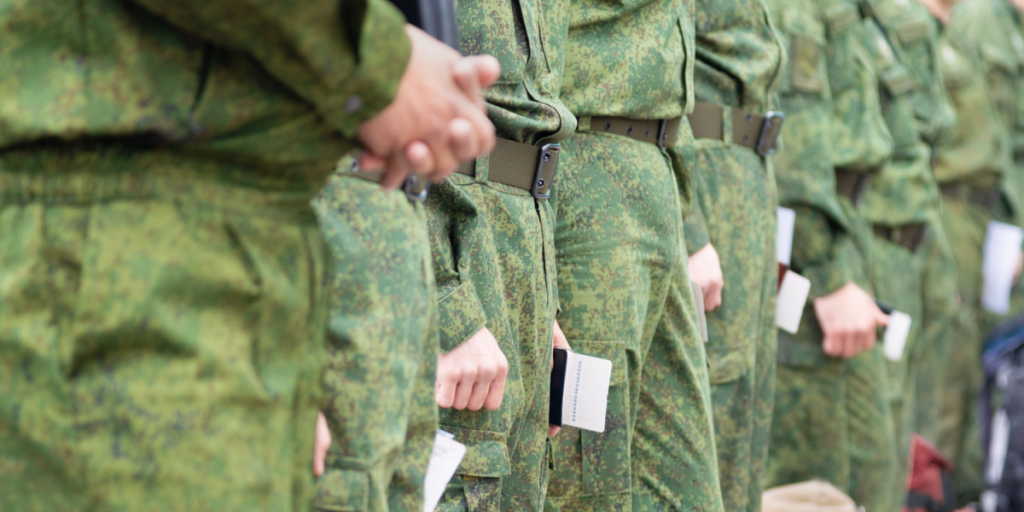
The new legislation explicitly permits reservists to be deployed outside Russia, broadening the Kremlin’s options in its war against Ukraine.
Also read
This adjustment is part of a wider effort to supplement frontline forces without launching another wave of public mobilization, which has proven politically unpopular.
Training periods for reservists extended
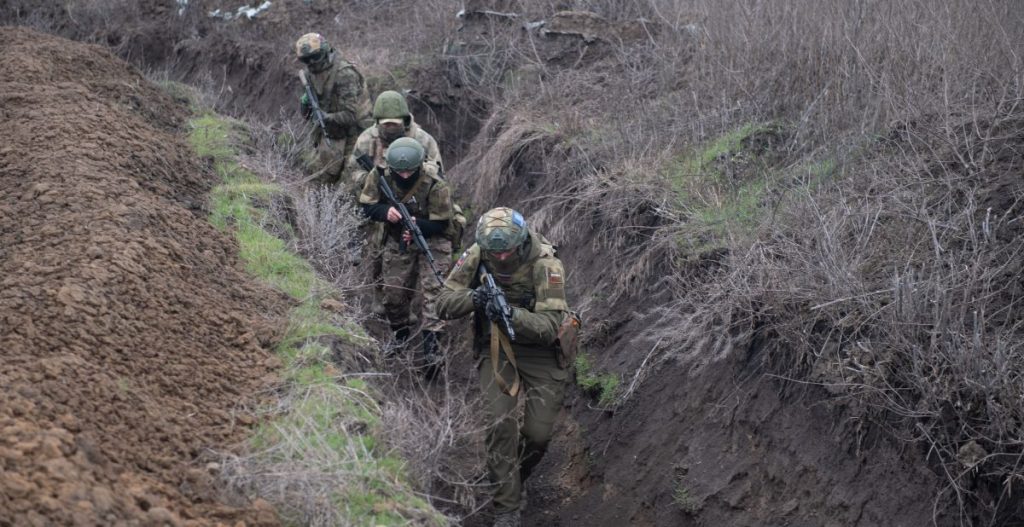
The draft law also gives the Russian president power to summon reservists for “special training” of up to two months.
This flexibility is designed to prepare units for a range of operations, possibly serving as a stepping stone to more direct combat deployments.
Kremlin targets Ukraine’s Sumy and Kharkiv regions
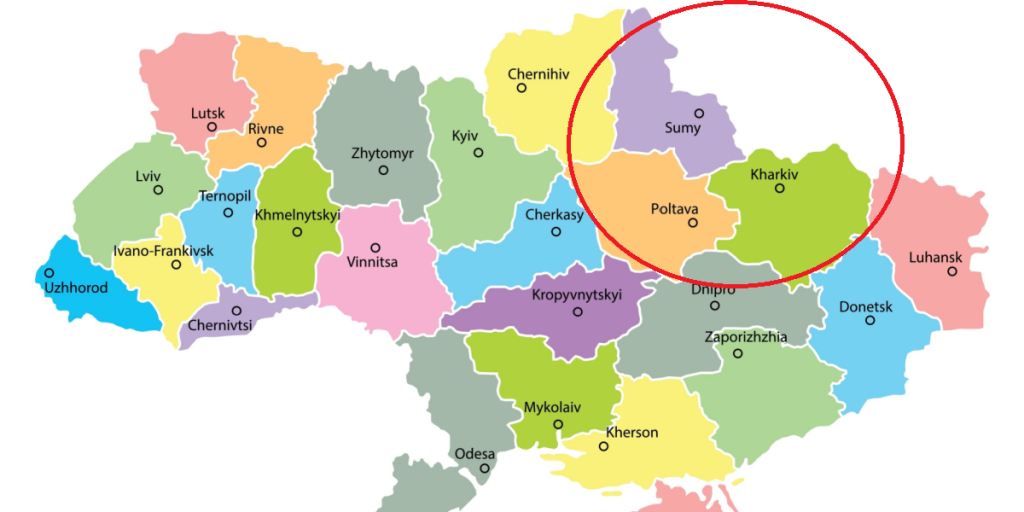
Russian State Duma Defense Committee Chair Andrei Kartapolov revealed that the law will enable deployment of reservists into sensitive zones like Ukraine’s Sumy and Kharkiv oblasts.
These border areas have seen increased activity and may serve as key fronts in Russia’s next phase of operations.
Also read
Germany warns of Russia’s strategic shift
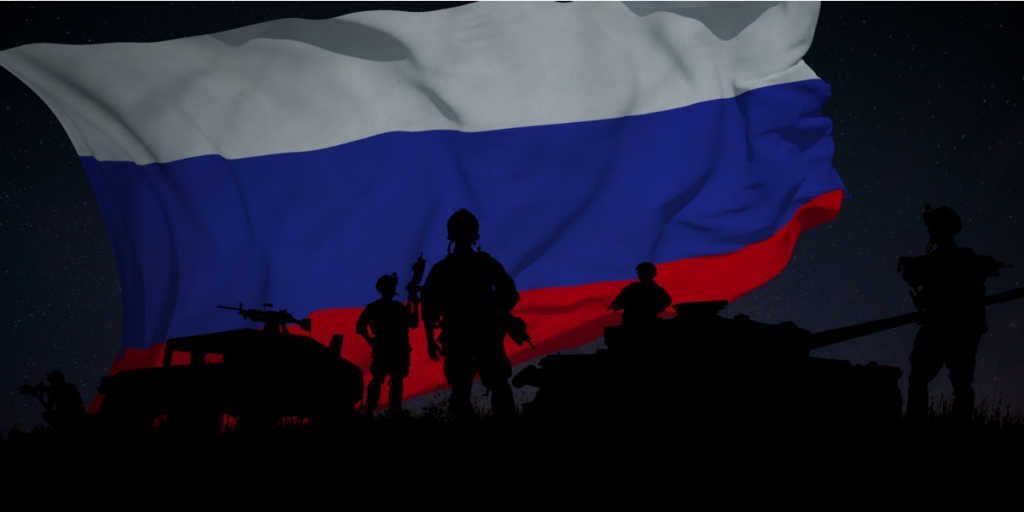
German Foreign Intelligence Service (BND) chief Martin Jäger described Russia’s recent actions as a “new level of confrontation.”
Speaking on October 13, he warned that the Kremlin is no longer limiting its aggression to Ukraine but is testing Europe’s resilience more broadly.
Russian tactics aim to destabilize Europe
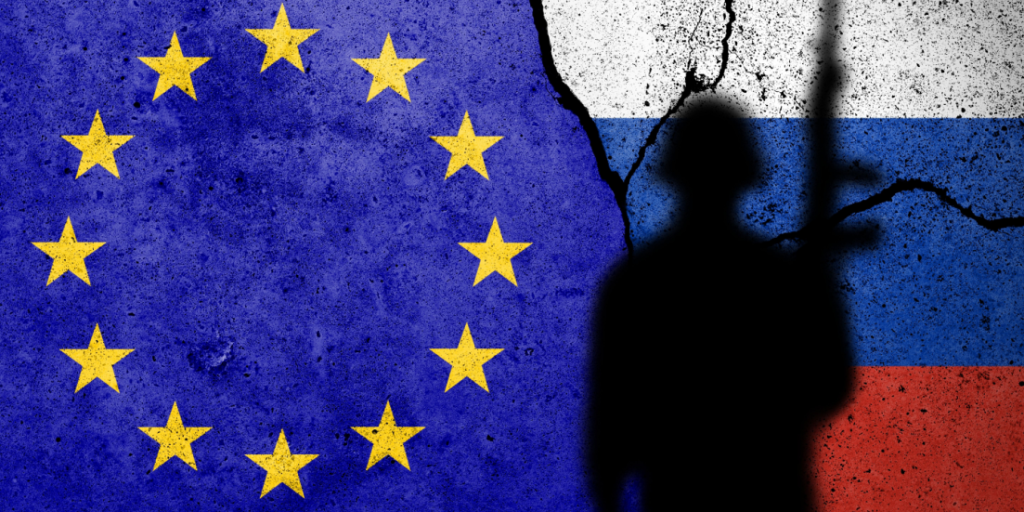
Jäger accused Moscow of trying to destabilize NATO and European democracies by sowing fear, dividing societies, and probing border defenses.
According to him, these efforts reflect a long-term strategy to weaken Western unity and sow political chaos.
Conventional attack risk rising, says German intelligence
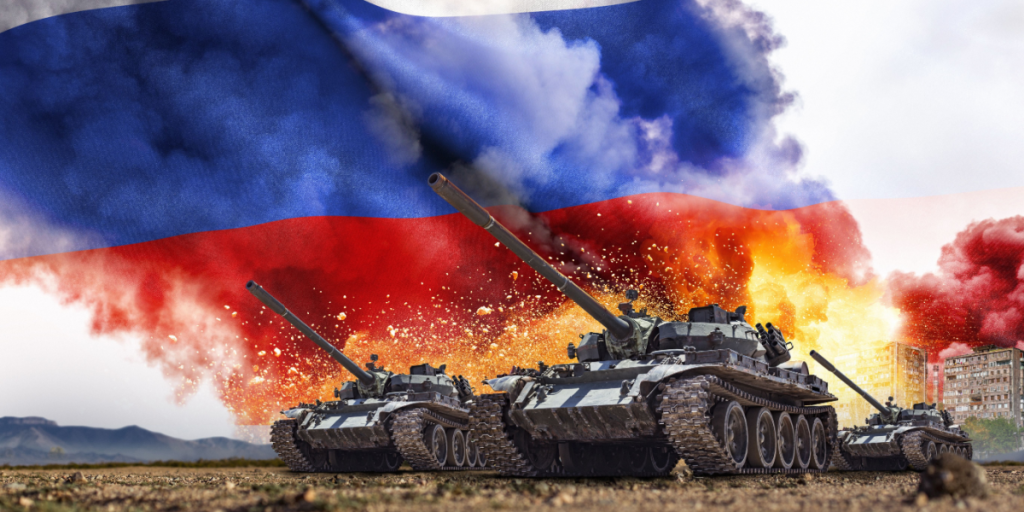
Contrary to previous estimates, Jäger cautioned that Russia may not wait until 2029 to launch a conventional military operation against NATO.
Also read
European governments, he said, must prepare now, as Moscow continues to escalate both rhetoric and military activity.
Zelensky draws parallels with Crimea annexation
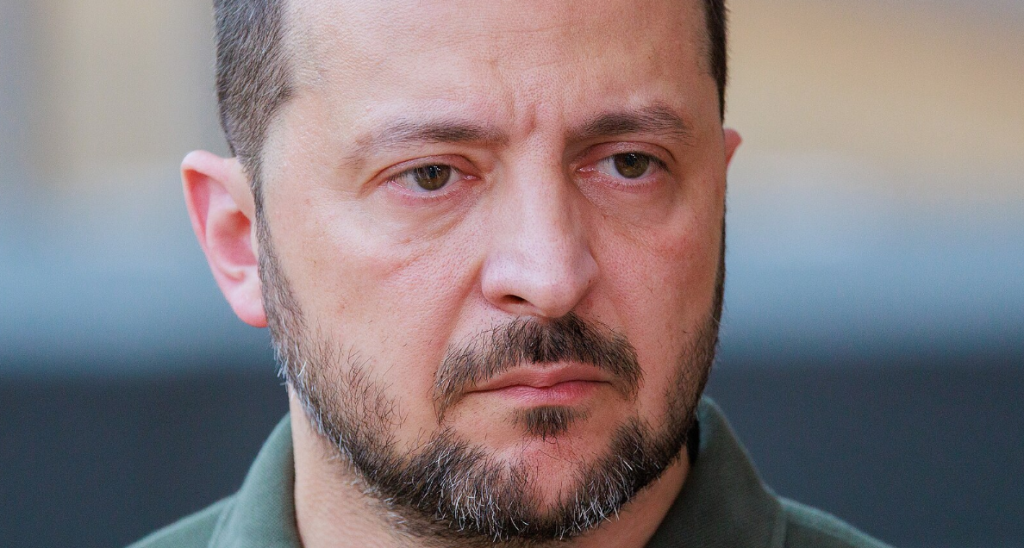
Ukrainian President Volodymyr Zelensky warned that current Russian behavior mirrors the run-up to the 2014 annexation of Crimea.
He argued that just as Putin tested the West’s response back then, he is now laying the groundwork for possible aggression against Poland and the Baltic states.
ISW warns against complacency if combat halts
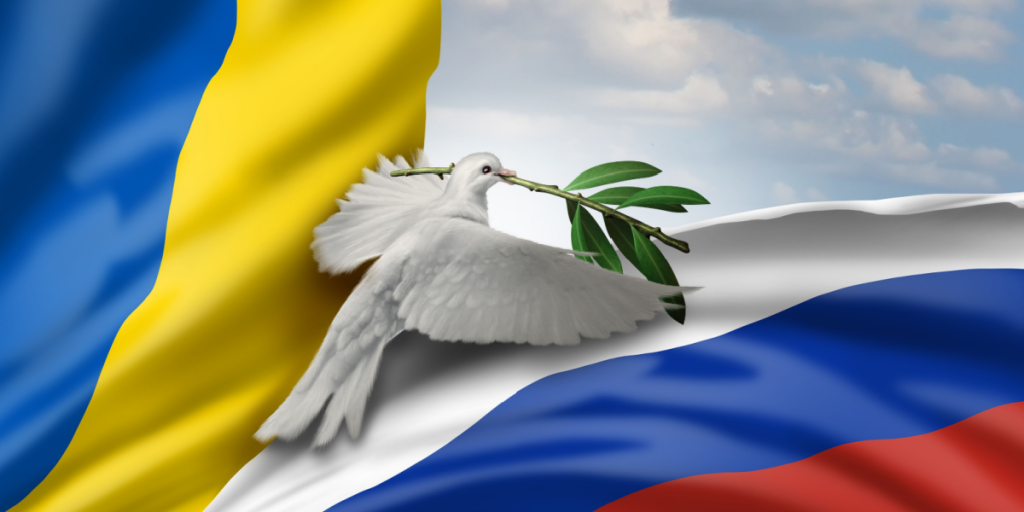
ISW issued a stark warning: a ceasefire in Ukraine could inadvertently strengthen Russia.
If fighting stops, Moscow could redeploy troops to its NATO-facing borders, posing a renewed threat to European security.
Also read
Ukraine strikes Russian energy sites in Crimea
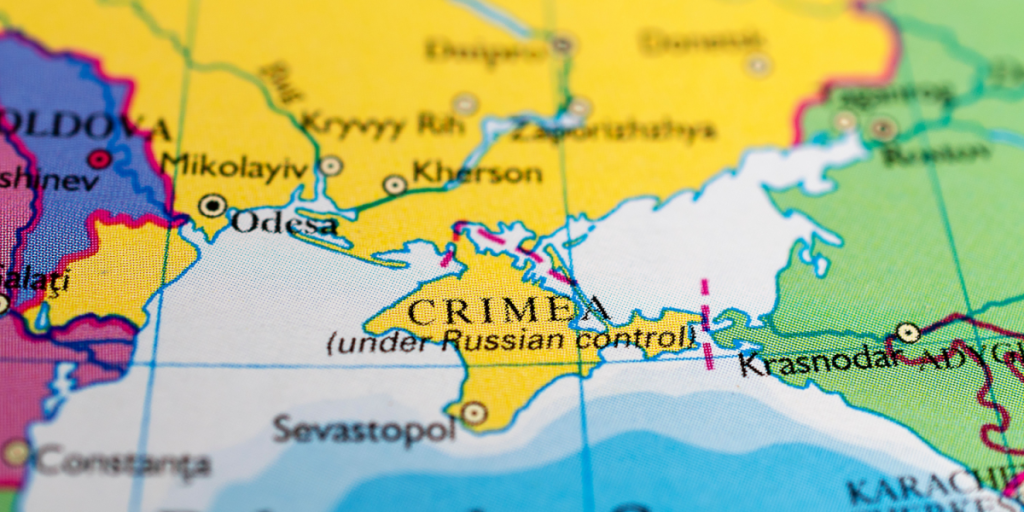
On the night of October 12 to 13, Ukrainian forces launched targeted strikes on Russian-controlled oil infrastructure in Crimea.
According to Ukraine’s Security Service (SBU), key facilities in Feodosia and Simferopol were hit, sparking fires and disrupting fuel storage.
Damage confirmed by satellite and Russian sources
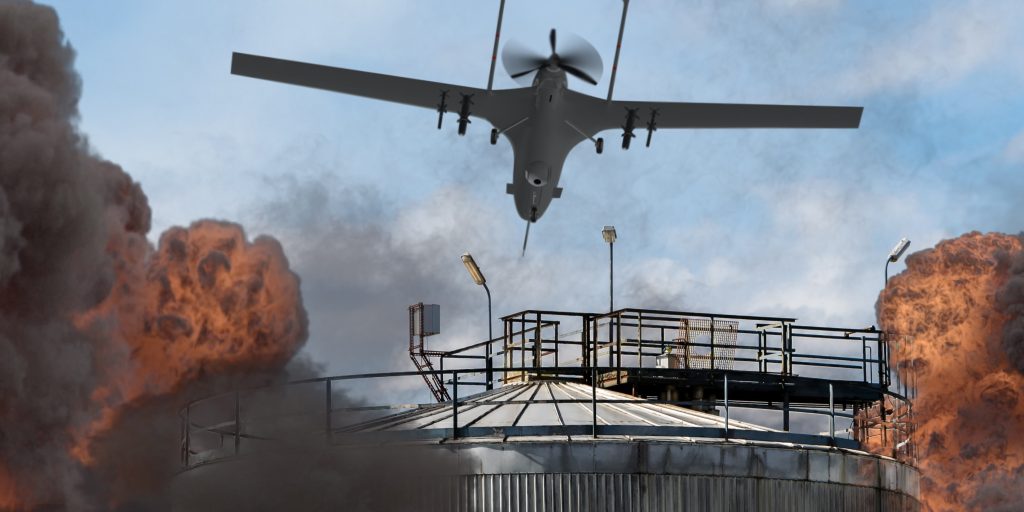
Geolocation data and NASA’s FIRMS platform confirmed strikes on five tanks at the Feodosia oil terminal and two major substations.
Russian opposition outlet Astra reported that 11 fuel tanks were damaged, including massive diesel reserves—highlighting the scale of the attack.
Russian occupation officials acknowledge impact

Crimea’s Moscow-appointed leader, Sergei Aksyonov, admitted that Ukrainian drones had hit the Feodosia oil depot.
Also read
The attack triggered large fires and highlighted the vulnerability of Russian logistical infrastructure deep within occupied territory.

